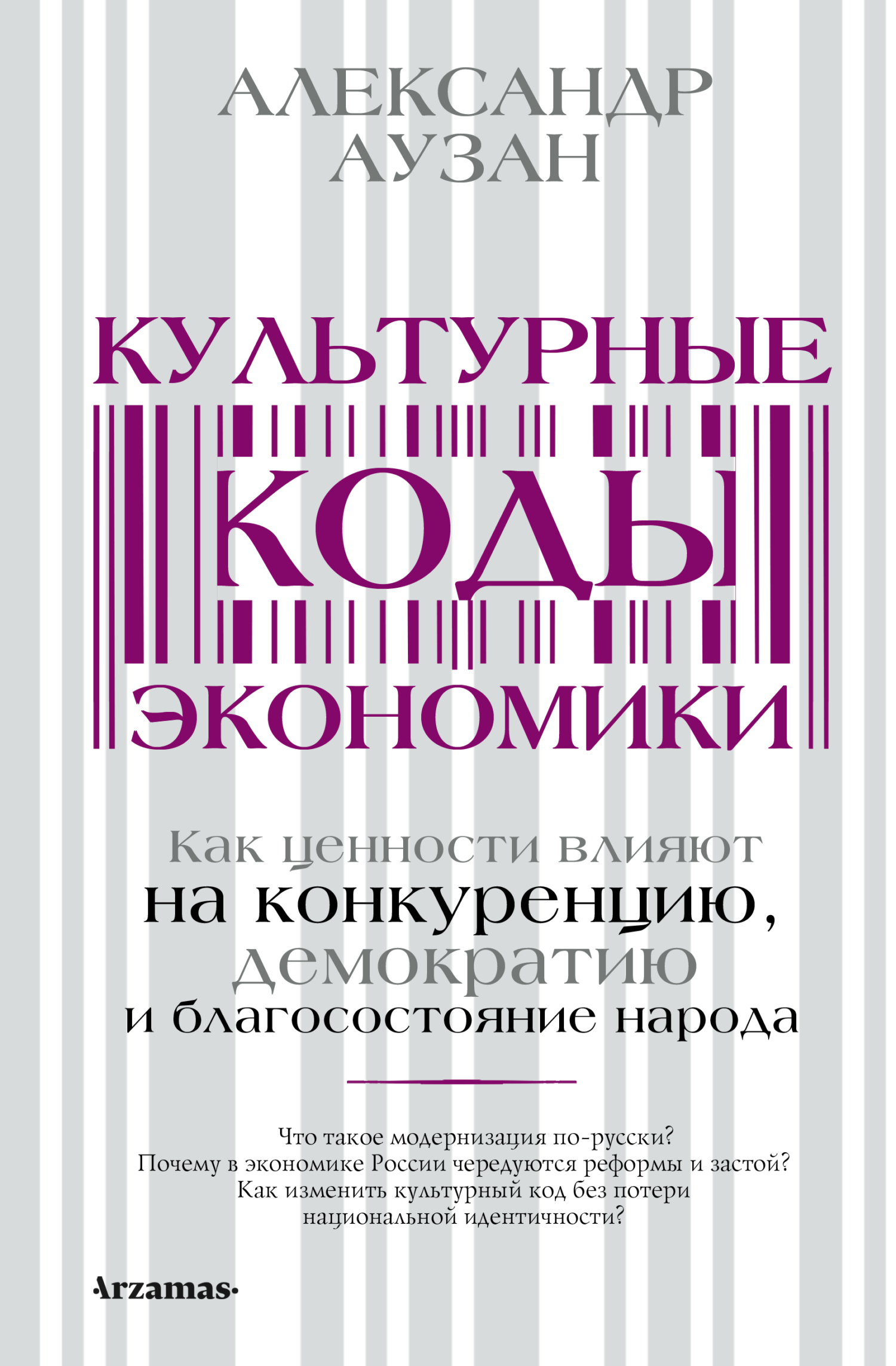Шрифт:
Закладка:
В основу этой книги лег курс общедоступных лекций, прочитанный деканом экономического факультета МГУ им. М. В. Ломоносова Александром Аузаном на просветительском интернет-портале Arzamas. Социокультурная экономика – новое перспективное направление в экономической науке. На благосостояние стран воздействуют не только технологии, наличие или отсутствие ресурсов, но и культура – ценности и поведенческие установки, которыми руководствуются люди. Каждая страна имеет свой культурный код, сложившийся под влиянием религии, истории, языка, климата, агротехники и др.За последние десятилетия экономисты научились не только измерять характеристики культуры, но и использовать их для коррекции культурного кода страны и ускорения экономического роста.В формате a4.pdf сохранен издательский макет.





